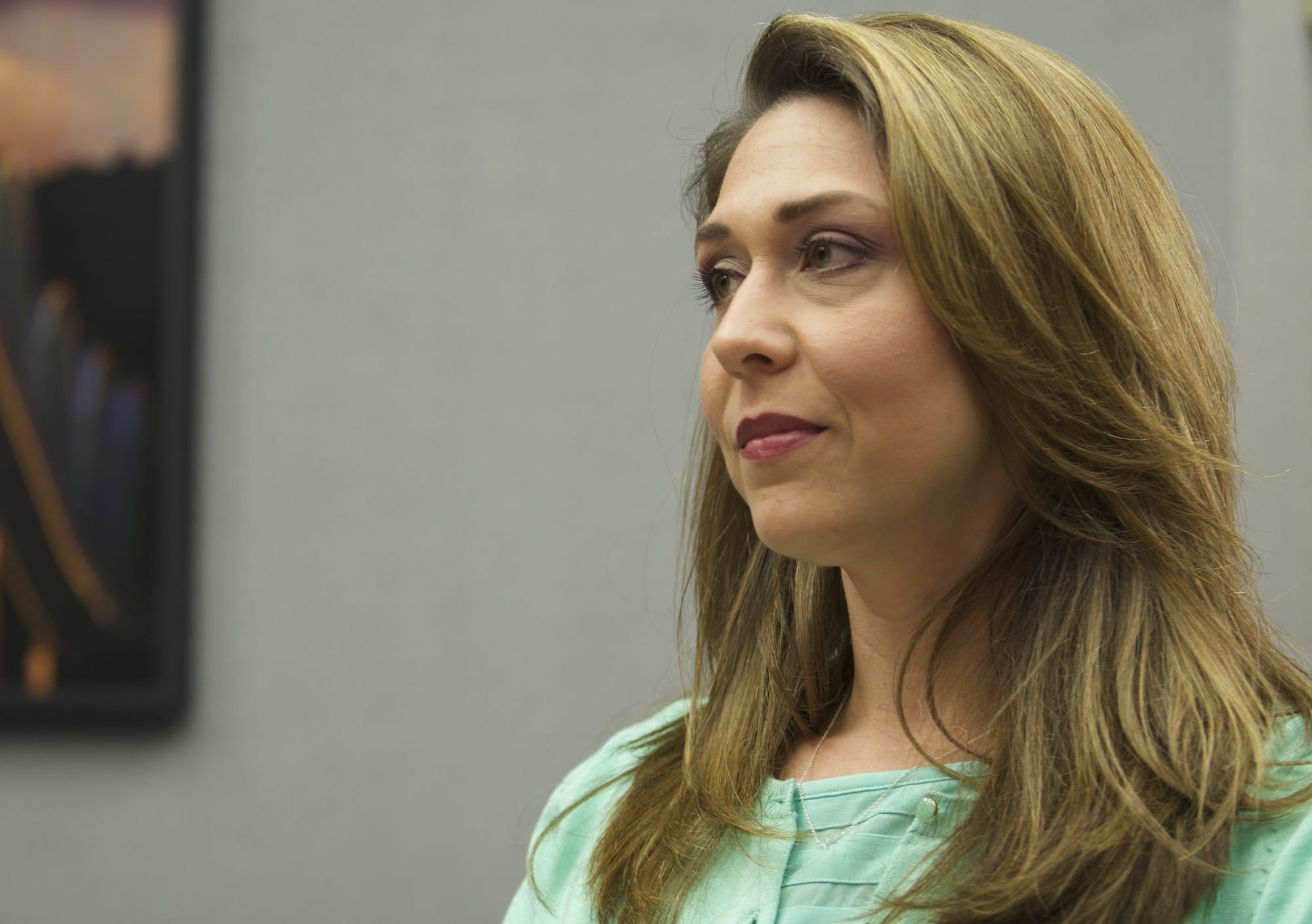Responding to a concern over the number of teen suicides in the Battle Ground community, Congresswoman Jaime Herrera Beutler has announced her support for a grant request to add a second school resource officer in Battle Ground Public Schools.
In the past 18 months, Battle Ground has experienced four teen suicides, five documented suicide attempts and 10 documented suicide threats, according to a Herrera Beutler press release. Those numbers were confirmed by Bonnie Gilberti, spokeswoman for the city of Battle Ground.
Herrera Beutler said she supports a Community Oriented Policing Services grant submitted by the city of Battle Ground. The grant would use federal funds from the Department of Justice for a second school resource officer to help keep students safe.
School resource officers, also known as SROs, are law enforcement officers responsible for providing security and crime prevention services in schools. Several years ago, two school resource officers served the district’s primary, middle and high schools. But post-recession budget cuts axed one officer. Now the district has only one resource officer, who primarily focuses on the high schools.
Battle Ground Public Schools, the third-largest school district in Clark County, has more than 13,500 students enrolled.
“A school district this size ought to have multiple school resource officers staying in contact with the students and addressing concerns before they have tragic outcomes,” according to Herrera Beutler.
The 2014-2015 Washington State Healthy Youth Survey asked students around the state to answer questions about safety and violence, physical activity, drug use and related risk and protective factors. According to Herrera Beutler’s press release, the survey found that among Battle Ground 10th-graders surveyed, 32 percent felt sad or hopeless almost every day for two or more consecutive weeks; 18 percent seriously considered attempting suicide and 15 percent made a plan to attempt suicide. Of eighth-graders surveyed, 9 percent missed school due to not feeling safe.
“The number of students contemplating and attempting suicide in Battle Ground is staggering, and I’m willing to do whatever is needed to support the city of Battle Ground in its efforts to confront it,” Herrera Beutler said in the press release.
Not just Battle Ground
The threat of teen suicide is not unique to Battle Ground. In fact, Battle Ground’s numbers reported in the survey are lower than the survey’s comprehensive numbers for all 10th-graders in Clark County, said Sean Chavez, district spokesman.
“Battle Ground has experienced difficult circumstances and loss over the past several years,” said Mark Hottowe, the district’s superintendent. “Many communities are facing similar challenges. Our school district and community partners have come together to find solutions, but we still need additional resources to strengthen the community’s response. This grant would provide a trained officer to bridge the gap between our community resources and our primary and middle school students and their families.”
The school district addressed the issue of student mental health by implementing additional counseling and mentoring services in the schools.
The teachers union has asked for more help. Earlier this year, the Battle Ground Education Association was locked in a monthslong contract dispute with the school district. One of the sticking points that stalled negotiations was the union’s request for a full-time mental health counselor in each of the district’s six primary schools. The district already has counselors at all middle schools and high schools. The request was not funded.
COPS grants are used to provide funding for full-time sworn officers in state, local and tribal law enforcement agencies nationwide to increase community policing capacity and crime prevention efforts.




